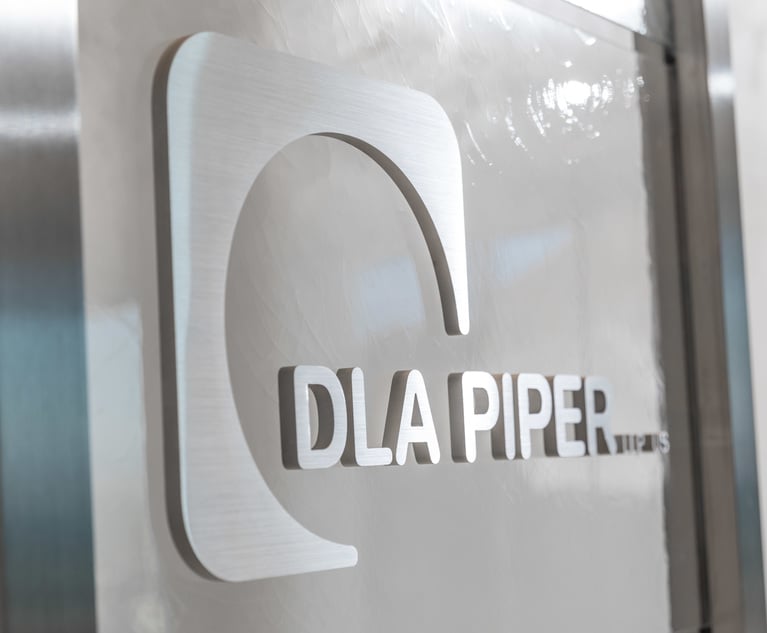Northern Ireland’s use of the internet has been less than in other parts of Europe, but it is increasing at a rapid pace with approximately 70% of businesses using external e-mail as opposed to only 50% in February 1999. This increase indicates a greater awareness of the benefits of the internet and the potential of e-commerce for a business sector that has always suffered from its position on the edge of Europe.
The economy has been traditionally manufacturing based. However, with more than 50% of the gross domestic product (GDP) of major economies being knowledge-based, it is becoming more important for business to develop use of the new technologies.
In the last year, there has been a gradual but significant increase in the rate of enquiries with regard to the setting up and use of the internet as a selling system. At an e-commerce seminar last month held by the firm, we saw a high level of response and uptake by business.
The innate caution of Northern Ireland businesses is being overcome by the obvious benefits and opportunities of an enormous new market. A timely government-backed advertising campaign has been launched to bring the point home and we anticipate that use of the internet will increase during the next year.
The substantial number of well-educated computer and IT graduates in Northern Ireland has drawn a number of software houses and internet development companies to the region. This has helped the general perception of the internet as a means of doing business and has encouraged internet business start-ups. Another factor that helps encourage development is the quality of professional advice and technical expertise available to small- to medium-sized enterprises (SMEs).
Northern Ireland is a small economy and to some extent an isolated region. This means that for Northern Irish companies, exports to the rest of the UK, Europe and the US have to be a significant factor in any commercial growth.
The challenge for business is to ensure that it is geared to deal with supply chain demands from its larger customers and that it is prepared to trade online to ensure that it remains competitive.
Clients are anxious to have guidance in the important contractual structures of the website: online ordering, online selling and in monitoring legal developments to ensure they remain competitive within the context of the prevailing legislation and the regulatory frameworks.
We have found ourselves taking an increasingly pro-active role in assisting SMEs with the development of their contractual structures and ensuring that the legal advice they receive minimises the risk to a company providing goods or services using the internet.
Developments in the form of the Distance Selling Regulations and how they are going to be implemented in this jurisdiction are being watched with interest. The implementation of the E-Commerce Directive and the Electronic Signatures Directive will also have an impact on the perception of the UK and Northern Ireland as a place to be doing e-business.
Last month the Pivotal Corporation of Vancouver announced it was to start an e-business centre in Belfast, having looked at locations throughout Europe. The company cited the availability of high quality graduates as one of the main reasons to set up in Northern Ireland. It seems that factors other than the legislative and regulatory environment might influence the location of investment.
It is hoped that the lack of direction provided in the Electronic Communication Bill, in relation to contractual issues, does not inhibit the future development of e-commerce. But the Bill is welcomed in relation to the powers which it gives to a minister to remove restrictions in legislation that would prevent the use of electronic communication in place of paper.
In the absence of secondary legislation, the full extent of the e-commerce Bill has not been fully established. As always, it seems that the law lags behind developing and emerging technologies.
The volume of common law in relation to contract and the fact that websites and electronic communications can be effectively designed to provide a degree of certainty in relation to the arrangement of the basics of contract formation will help to plug any gaps in the legislation as the use of e-commerce grows more quickly than the volume of law regulating it.
Alan Taylor is an associate at Carson & McDowell.







